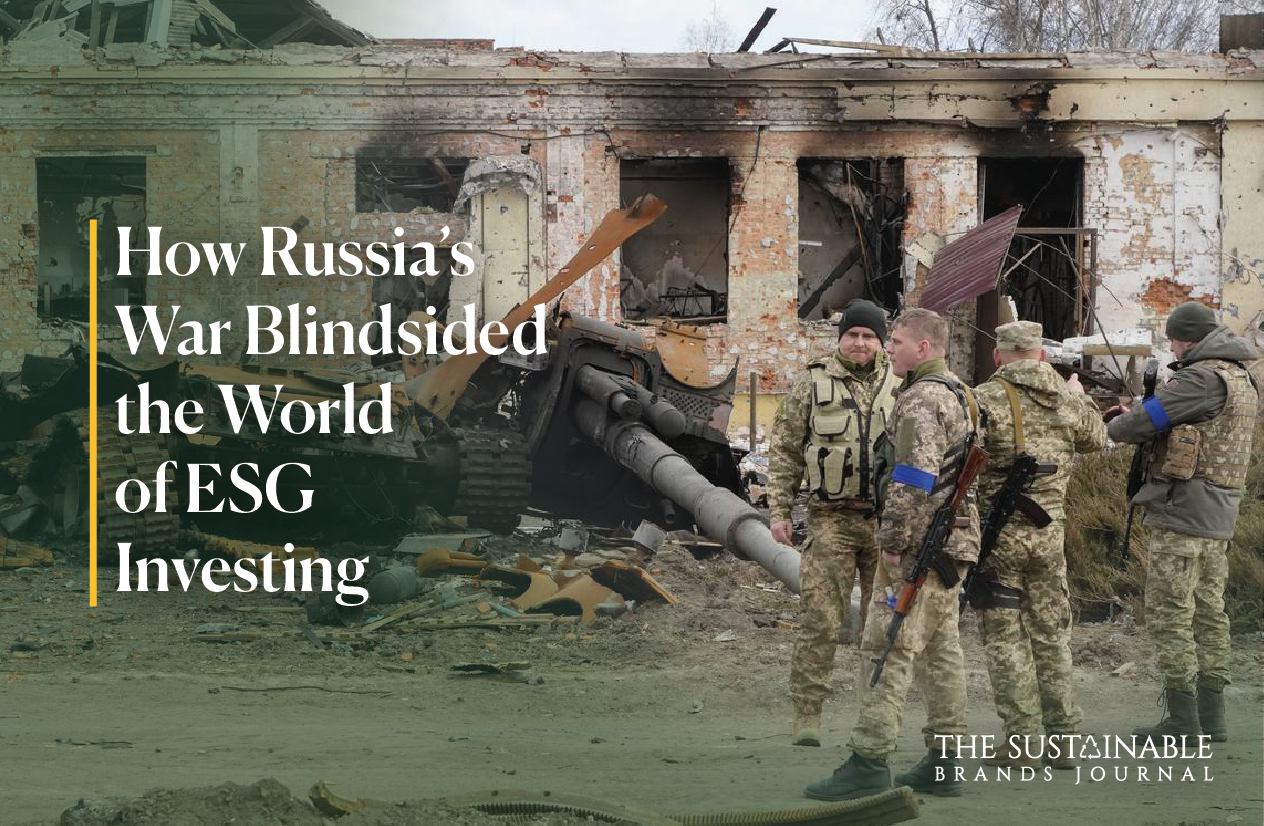
How Russia’s War Blindsided the World of ESG Investing
Russia’s invasion of Ukraine exposed gaps in ESG investing, as firms like Sberbank saw positive ratings before the war but were downgraded afterward, raising calls for better integration of geopolitical risks and human rights into ESG assessments.
Environmental News from the UK:
Russia’s invasion of Ukraine has exposed a gap in socially-minded investing – a hands-off approach to geopolitics and human rights.
Before Moscow sent troops into Ukraine on Feb. 24, Sberbank (SBER.MM), a Kremlin-backed bank already the target of international sanctions, enjoyed higher ratings for environmental, social, and governance (ESG) risks than some western lenders.
MSCI Inc (MSCI.N) and Sustainalytics improved their ESG scores for Russia’s largest lender last year as recently as December, citing factors such as improved data privacy. S&P Global Inc (SPGI.N) also gave Sberbank a positive review late last year.
The rating firms quickly changed course after the offensive, downgrading or suspending their scores on Sberbank and other Russian government-linked companies citing pressures such as their exposure to new western sanctions.
The U-turns have sparked calls from some investors for an overhaul of how geopolitics, sovereign governance, and human rights are factored into ESG ratings.
A first step would be to include warning signs of war, allowing the selling of stocks while they could still be sold, said Dana D’Auria, co-chief investment officer for the asset management division of Envestnet Inc.
Source: Reuters





